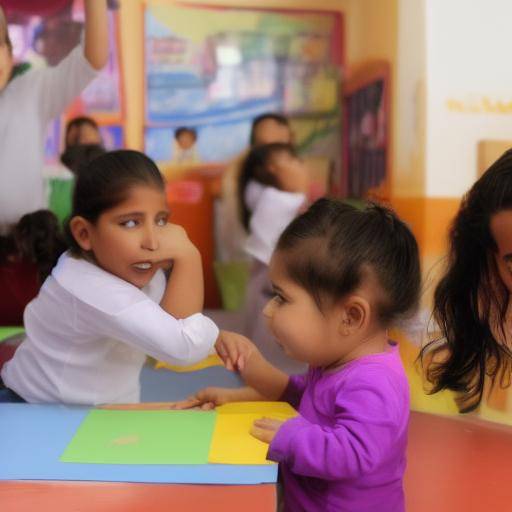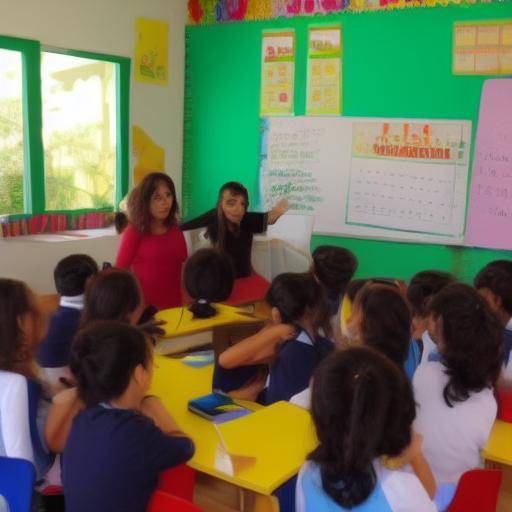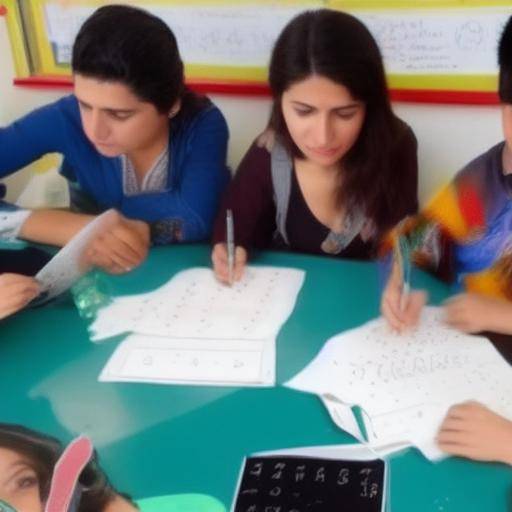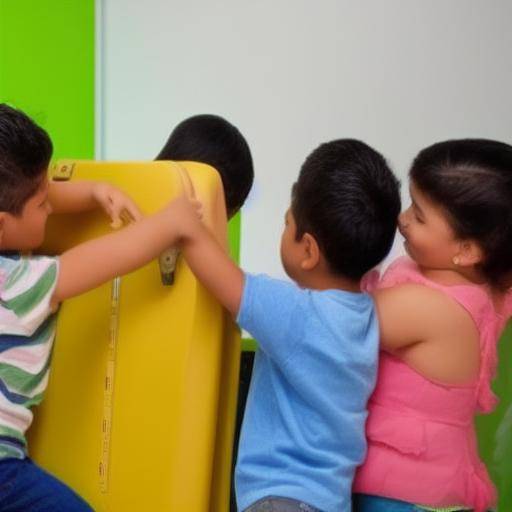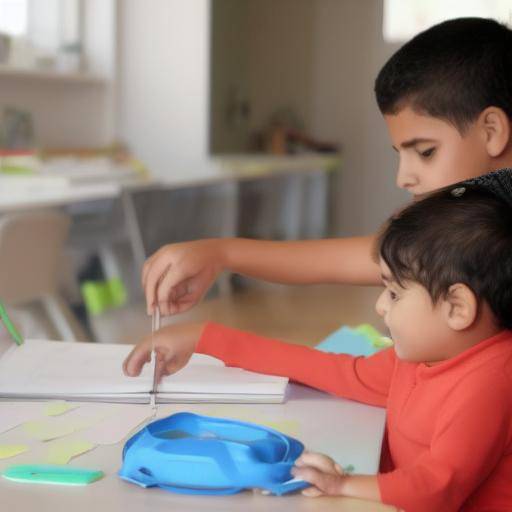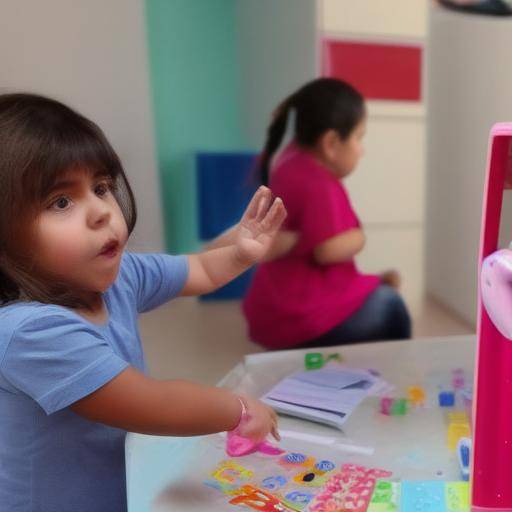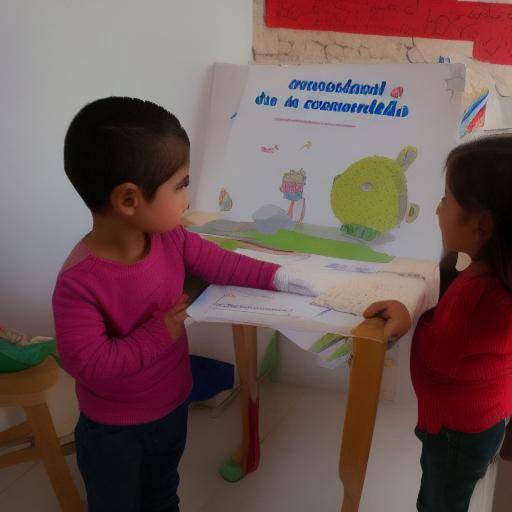
In today ' s society, the ability to listen actively and understand others is essential for the comprehensive development of children. In this article, we will explore the importance of teaching active listening skills, their long-term benefits and provide practical strategies to foster these skills from an early age.
Introduction
It is essential that children learn to listen actively, as this ability not only allows them to better understand the world around them, but also strengthens their empathy and communication skills. In this introductory section, we will discuss the importance of teaching active listening skills to children and how these skills influence their personal and social development. We will also explore what is expected to be learned in this article.
Importance of Teaching Skills of Listening Activates Children
Active listening skills not only imply hearing what is said, but also understanding, interpreting and responding in a reflective and understanding manner. For children, developing these skills from an early age can have a significant impact on their emotional and social development. The ability to listen actively allows them to develop healthy relationships, understand different perspectives and express their own ideas effectively.
Benefits of Long Term
In the educational context, active listening practices promote an inclusive learning environment and encourage the participation of all students. In addition, this skill promotes teamwork, peaceful conflict resolution and leadership skills development. At the personal level, children who dominate active listening tend to be more compassionate, assertive and empathetic in their interactions with others.
Practical Strategies for Teaching Skills of Listening Activates Children
There are several practical strategies that parents and educators can implement to encourage active listening to children. These include behavior modeling, empathy promotion, clear limits and expectations, the use of visual and hearing resources, and the practice of active reflection. In addition, it is essential to provide positive feedback to strengthen such behaviours.
Recommended Practices to Promote Active Listening Skills
It is important to provide constant opportunities for children to engage in active listening. This can be achieved through interactive games, storytelling activities, group discussions and mindfulness practices. By integrating these practices into the educational and family environment, the acquisition of active listening skills is promoted naturally and effectively.
Conclusion
In short, teaching active listening skills to children is essential for their emotional, social and intellectual development. These skills not only allow them to better understand the world around them, but also contribute to the formation of empathic and compassionate individuals. By employing practical strategies and fostering the constant practice of active listening, we can equip children with the skills necessary to thrive in an increasingly interconnected world.




